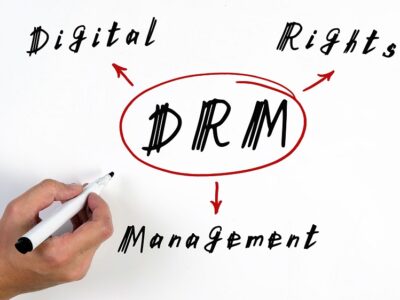
Are you confused by the abundance of construction ERP options available? You should not be. ERP (enterprise resource planning) is a shorthand for a system that combines all the data and resources required to manage any organization. But what does ERP mean when it comes to the building industry?
An ERP for the construction sector is a way to keep track of ongoing costs that aren’t shown on the daily balance sheet, such as subcontractors, construction supplies, human resources, plant and equipment, and other resources. It provides you the final say on whether the project will turn a profit or a loss, as well as precision, control, and visibility.
Let’s look at several ways construction enterprise resource planning can help your business.
Streamlining workflow
It took a lot of energy to coordinate between several work sites before Construction ERP systems came to be. You had to contact or go to the site physically if you needed updates on a particular area of your business. Additionally, a problem with one of your production partners might cause your whole company to suffer while you make several phone calls and site visits.
Thankfully, workflow visibility has improved thanks to construction ERP software. Now that you have a shared database from your construction ERP solution, you can access it from your office headquarters and get up-to-the-minute information.
Departmental cooperation
There are no data duplication thanks to construction ERP systems because all departments contribute to the same cloud-based financial model. Additionally, there are no issues integrating data from various applications. The collaboration between departments gets stronger when all managers participate in the process, including on-site managers using mobile technology.
These managers are also accountable for ensuring that their data is current, timely, and accurate—greater responsibility results in greater dedication to the work. You can bring the commercial and finance teams together on-site or in the office for smooth collaboration.
Data security and risk management
A construction enterprise resource planning program comes with a cloud server’s built-in redundancy and data protection capabilities to help reduce risks and enhance data security when hosting the financial model there. It also safeguards businesses from the practical challenges of upgrading several financial data and analysis apps as they develop or move data to updated hardware systems.
Data Analytics
Most construction ERP software is accessible to managers and clients, who utilize the data to assess a project’s progress and offer real-time and projected updates on its financial health. Additionally, you should make the data visible to your on-site management so they can act quickly.
For contractors and clients to monitor daily cash flow, identify potential issues early, address them, and serve as the foundation for precise and targeted financial reports, the financial model is entirely auditable and open to deeper inspection and analysis.
Customization options
Lastly, construction ERP software can be tailored to meet the demands of many construction industry sectors, including contractors or subcontractors, housebuilders, maintenance and service organizations, and civil engineers.
Dashboards can be made inside an organization to reflect the specific responsibilities of managers, giving them fast access to the data they require or reminding them of upcoming assignments and other project information.












